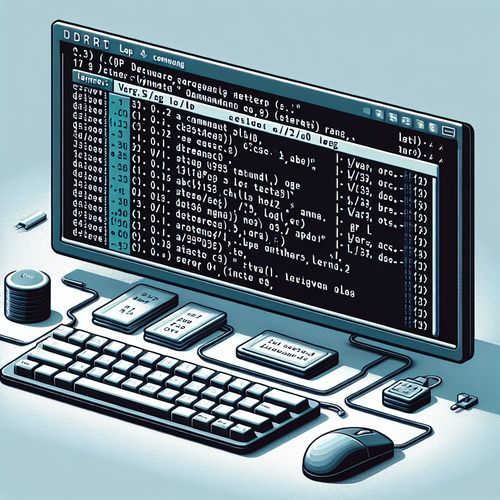
{{ $('Map tags to IDs').item.json.title }}
How to Check System Logs in /var/log
The /var/log directory in Linux systems stores various logs produced by the operating system, applications, and services. Monitoring these logs is essential for diagnosing issues and ensuring system performance. This tutorial will guide you through accessing and analyzing system logs in the /var/log directory.
1. Navigating to /var/log
To access the log files, you can use the terminal. Open your terminal application and type:
cd /var/logThis command changes the directory to /var/log.
2. Listing Available Log Files
After navigating to the /var/log directory, list the available log files using:
ls -lThis command displays all log files along with their details, such as permissions and sizes.
3. Accessing Specific Log Files
Common log files you may encounter include:
- syslog: General system logs.
- auth.log: Authentication logs, useful for security monitoring.
- kern.log: Kernel logs for tracking kernel-related messages.
- apache2/: Logs for Apache web server.
- mysql/: Logs for MySQL database server.
3.1. Viewing Log File Content
To view the content of a specific log file, you can use commands like cat, less, or tail:
cat syslogThis command outputs the entire content of syslog. To view it page by page, use:
less syslogTo view the last 10 lines of a log file (useful for active logs), run:
tail syslogTo continuously monitor the file for new entries, use:
tail -f syslog4. Analyzing Logs
When analyzing logs, look for key indicators of issues such as error messages, warnings, and repeated patterns. You can use tools like grep to filter entries:
grep "error" syslogThis command outputs all lines containing the word “error” in the syslog file.
5. Conclusion
By following this tutorial, you have learned how to navigate and check system logs in the /var/log directory on Linux. Regular monitoring of logs is essential for maintaining system health and security. Explore additional log files based on your specific server and application setup to further enhance your troubleshooting skills!













